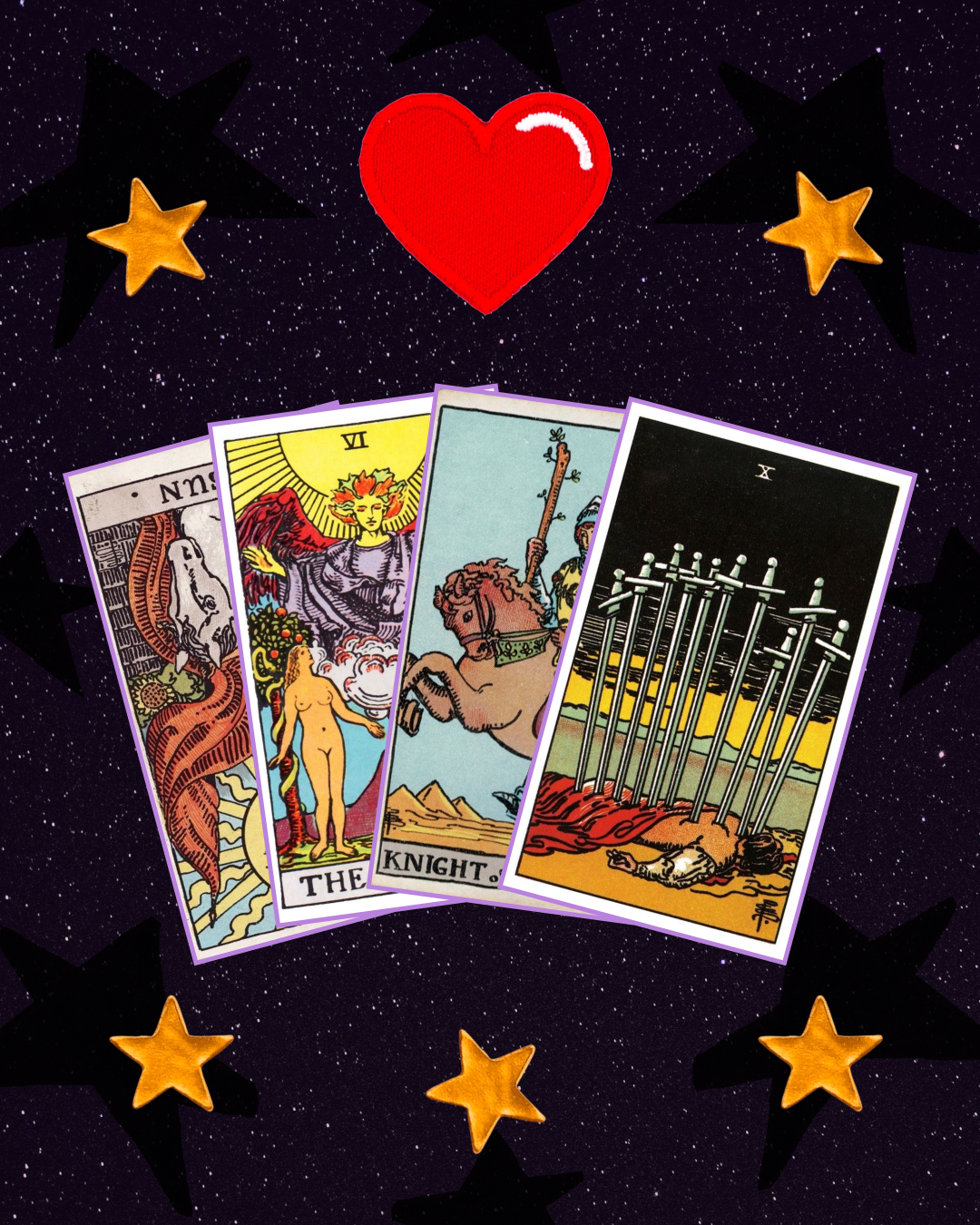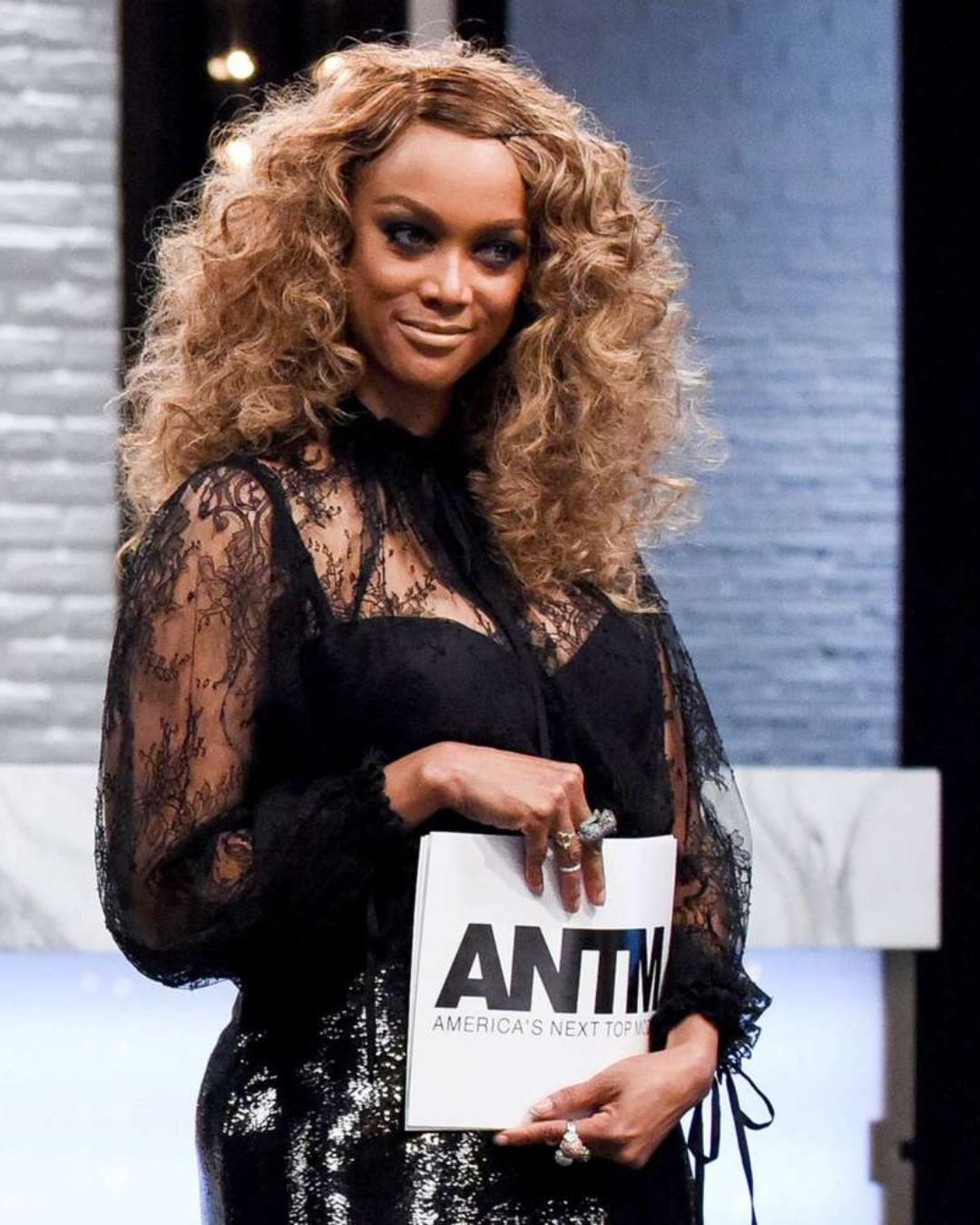
Why is necessary to talk about the QBIPOC Community's mental health Even after pride month, creating space is a must every time of the year
June was an extremely symbolic month for different reasons: it is pride month in which fundamental demands for the LGBTQIA+ community are claimed and taken to the streets. June is also a month that straddles Mental Health Awareness Month, May, and BIPOC Mental Health Month, July: two months in which it is essential to create moments of discussion at multiple levels (social, cultural and political) to focus on the mental ills and all the problems of our society, which affect our mental health and consequently our physical health and quality of life.
Remembering and never forgetting the Stonewall Riots, we identify the racialized personalities of Stormé DeLarveriem, an Afro-descendant lesbian woman, Sylvia Rivera, a transgender Latina woman, and Marsha P. Johnson, a black woman, a drag queen and a sex worker as the founders of "Pride" around the world, moments of unavoidable and still necessary political claiming for the amplification of the conversation around the concept of internationality. Introduced by several Afro-descendant figures and theorized by the jurist Kimberlé Williams Crenshaw in 1989, the concept of intersectionality speaks of the multiple discriminations and forms of oppression against different social identities (membership of a social class, ethnicity, religious belief, sexual orientation, gender identity, etc.) within a single person. And so it is good to talk more and more about the effects that homophobia and racism have on the mental health of QTBIPOC -Queer, Trans, Black, Indigenous People of Colour - communities.
Despite the historical role of racialized communities underpinning the emergence of queer movements, it is evident that Queer BIPOC people are still the most marginalized of the LGBTQIA+ community, due to the existing intersections of racism, ethnocentrism, xenophobia, queerphobia, transphobia and misogyny in Western contexts. In addition, the complexities are intensified by the homobilesbontrasphobia of racialized communities, which it is good to remember is a colonial legacy now rather instilled in several countries, but which took hold with the arrival of settlers who defined African people as 'deviants' because of the sexual fluidity that characterized certain communities, going on to introduce and impose homophobic laws that unfortunately still endure today.
This scenario has a not inconsiderable impact on the psychic well-being of the QTBIPOC community and it is good to point this out in order to create more awareness both socially and politically. Overseas, in the United States, there are many studies that demonstrate and point out what the Human Right Campaign Foundation, a US LGBTQIA+ association, emphasizes through articles and projects in schools that QTBIPOC people go through and experience alarming mental health problems: racialized queer people in high school are more likely to attempt suicide (27%) than queer (22%) and non-queer (5%) peers in the US.
Furthermore, as The Trevor Project points out, BIPOC Queer people are unlikely to get the professional care they need and this is due to the systemic racism that characterizes care services in the West. Suman Fernando in his book "Mental health, race and culture" studied and expressed the prejudices present in health care environments and highlighted the following:
• professionals - whatever ethnic group they belong to! - do not know how to get rid of prejudice
deep racial prejudice in their approach to patient care;
• inherently racist practices are usually adopted in institutional services;
• social pressure on members of non-white ethnic minorities - with their
consequent (and justified) angry reactions - is not taken into account;
• the sense of alienation suffered by members of non-white communities is interpreted as a
symptom of the disease and thus as a 'problem' of the person, never of the whole context.
• Care services are unaffordable for BIPOC persons.
This creates a complete mistrust of the medical community, being directly or not removed from the appropriate therapeutic paths, and thus being left completely alone at the mercy of their own malaise, which is due to an oppressive, racist and homophobic society, for which traumatic episodes are almost daily, constantly exacerbating and aggravating their health conditions.
Faced with such a scenario, it becomes increasingly important to re-appropriate community care processes, which have often characterized modern times. Quoting The Care Collective's "Manifesto of Care":
"All forms of care for other human and non-human beings should have equal value and recognition, and the resources necessary for their sustainability. We call this the ethics of promiscuous care. The ethics of promiscuous care is based on the theory developed by the fight against the spread of AIDS between the 1980s and 1990s [...] Here the concept of promiscuity is not synonymous with "casual" or "indifferent" but with multiplying and experimenting with the ways in which gay men could enter into intimacy and care for each other. In the same spirit, we too can care promiscuously. By this we do not mean casual or indifferent care. It is neoliberal capitalist care that is detached, casual and indifferent, with disastrous consequences. Promiscuous care, on the other hand, is an ethic that spreads outwards to redefine supportive relationships, from the most intimate to the most distant. It means caring more and in ways that remain experimental and extensive even by today's standards. We need to create a broader idea of care broader."
Thus the invitation to marginalized communities and subsequently to all human communities is to create caring relationships, always considering all the various layers of oppression one suffers when one is the bearer* of multiple stigmatized social identities, always giving massive importance to one's own physical and mental health and never forgetting the people in one's own community who experience greater difficulties and therefore risk seeing their lives lost due to too much pain.
























































